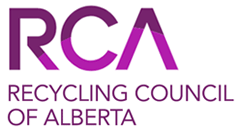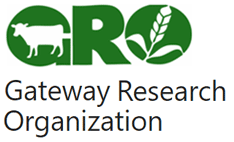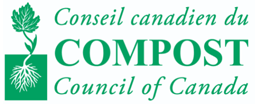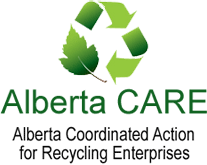Annual Review of Operations
2022 and Path Forward
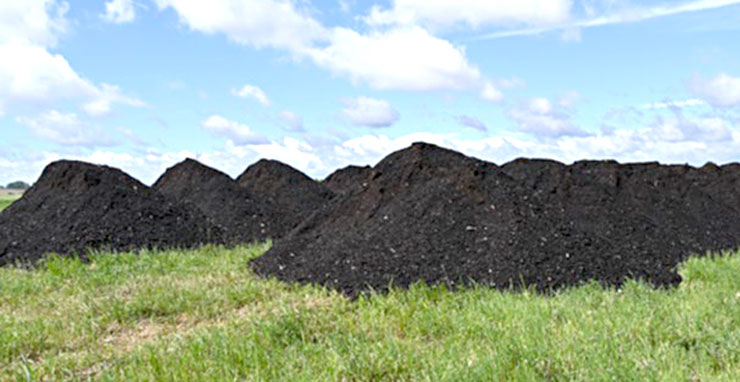
Build soil, grow healthy food, support biodiversity in our environment, positively contributing to our bio-circular economy, sequester carbon, reduce greenhouse gas emissions, research and develop
– Improve, adapt, innovate and educate.
Compost Production
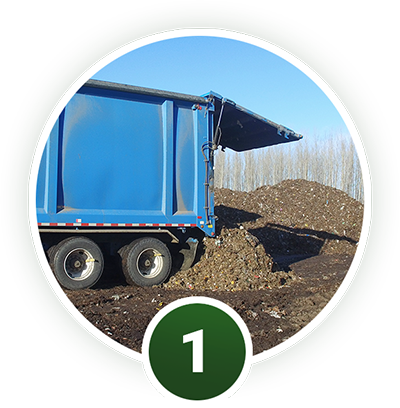
Waste In
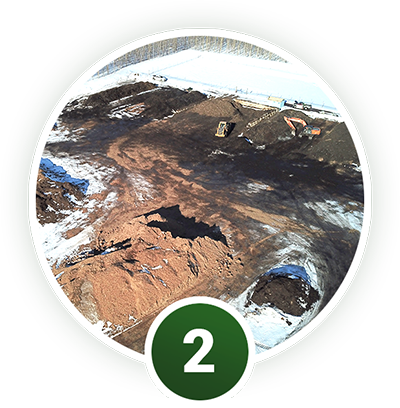
Compost Processing
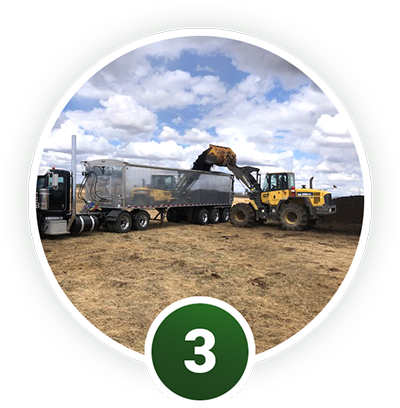
Compost Product Out
Diverting Organic Wastes from Landfills
WRWMC and Westlock Community
Environmental best practices
- GHG emissions avoidance
- Revenue to WRWMC
- Revenue for 17+ greater Westlock region businesses
- Yearly Westlock compost giveaway
- Local ag group donations
- Local educational events
- Proactive communications
WRWMC and Westlock Community
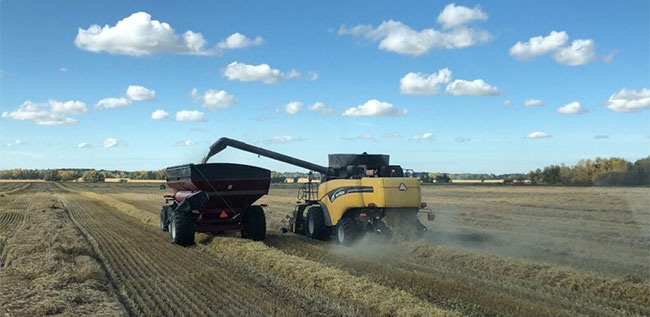
Target: To increase value to locally grown food, farm inputs, outputs (nutrients in crops and livestock) and businesses
CASP* Technology
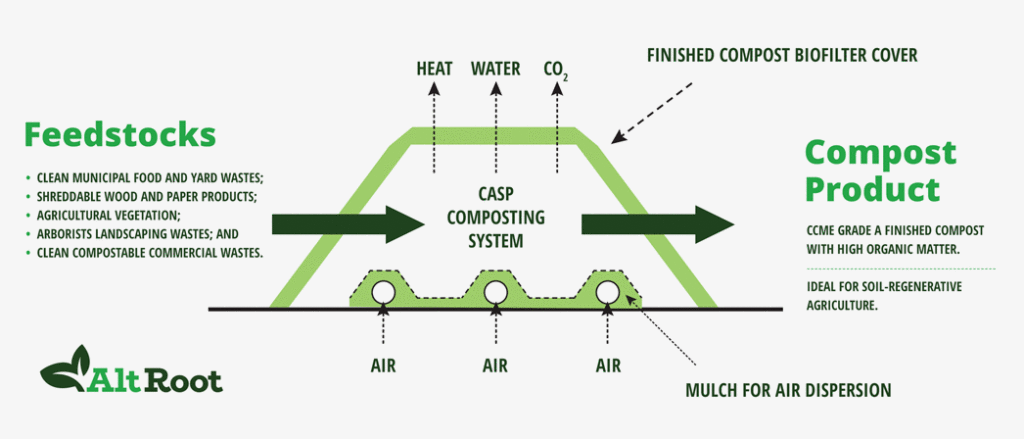
*Covered Aerated Static Pile – the most advanced industry standard for processing of organic wastes
Positive Partnership
AltRoot has provided assistance to many tasks on the landfill grounds, and vise versa. We strive to build upon our strong working relationship and look forward to growing together for a brighter future.
General site road and culvert maintenance
Plowing snow & grading roads on landfill’s site
Mixing and Hauling out at The Hydrovac pond
Various environmental advantages
Ensuring landfill’s
wood dump and compost sites are
clear & maintained
Safety & training courses to WRWMC team through AltRoot’s trusted partner
Clean up of scrap metal and concrete piles
Increase to local revenue streams
Annual Performance 2022
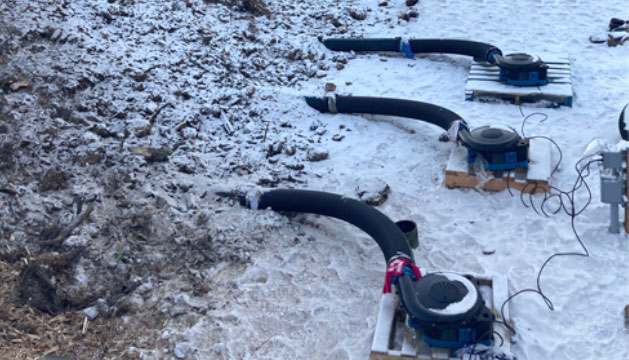
Organic waste inputs:
16,226 tonnes
Wood/carbon wastes:
3,090 tonnes
Compost product:
5,927 tonnes
Overs to landfill:
1,327 tonnes
Site development:
17+ local businesses
Operational Experience 2022
- Strong regional pressure to process organic wastes – socially and environmentally
- We are investing ~$300K in further improvements to site processes, mainly for increased aeration composting time, to achieve a reduced base line odour generation
- Recent EPA Inspection Report showed AltRoot very well and in compliance with the code of practice
- 5 odour reports
- 3 main causes identified and corrected/in process of correcting
- 4 mitigation steps to prevent recurrence:
- Increasing aeration time under compost with secondary process to further cure material
- C:N ratios in recipe refined, targeting >25:1
- Wood fines material contracted and kept in stock
- Owned screening machine is reliable and performs well, preventing accumulation of material
- On site operators have ~19 years of combined compost management experience
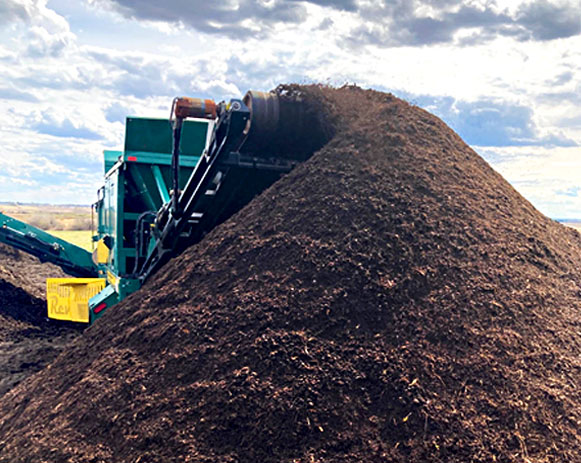
Proposed 2023 Improvements
Power buried to operate the secondary batch process as CASP
- To nearly double the aeration residency time of the compost, reduce odour generation and finish better quality compost product
- To better understand and control primary & secondary processes
- To further expand applications across the Westlock region
- To include weather monitoring with the above process controls
Site Map with 2023 Improvements
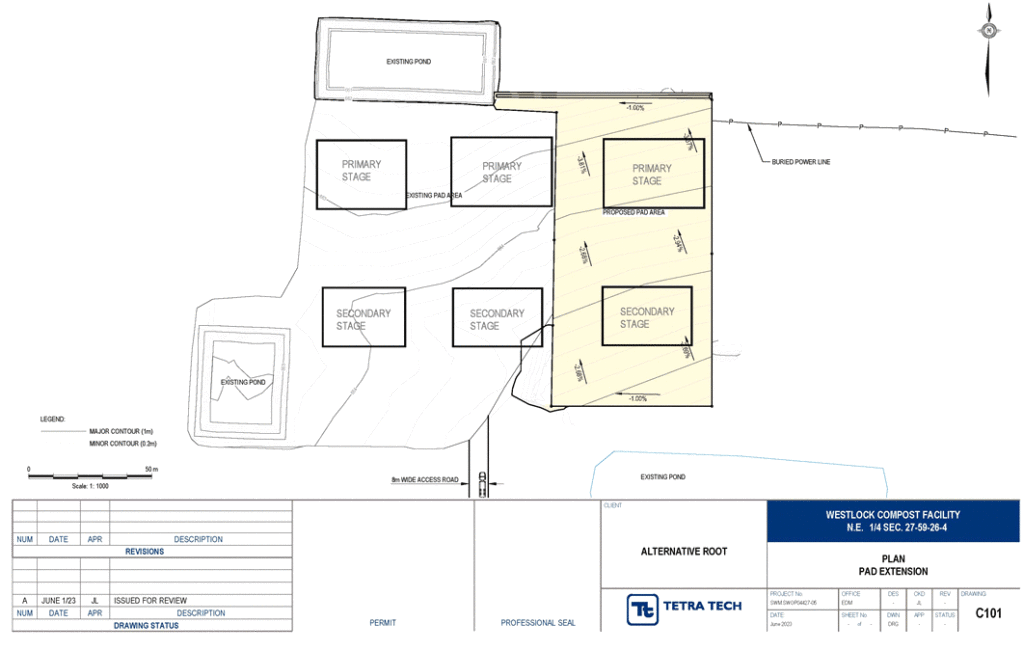
Future Site Capacity
Approval for >20,000 te/year inputs includes
- Improve compost pad operations
- Provide extra tipping floor
- Improve efficiency of CASP primary process
- Improve efficiency of CASP secondary process
- Expand curing / storage areas
- Expand electrical supply for secondary CASP
- Maintain process & surface water pond quality
- Maintain groundwater monitoring and quality
- Maintain Compost product CCME grades
- Maintain compliance with 2022 Code of Practice
- Replace equipment for operational efficiencies
- Increase experience of operating personnel
Positive Partnership
Approval for >20,000 te/year inputs includes
- Improve compost pad operations
- Provide extra tipping floor
- Improve efficiency of CASP primary process
- Improve efficiency of CASP secondary process
- Expand curing / storage areas
- Expand electrical supply for secondary CASP
- Maintain process & surface water pond quality
- Maintain groundwater monitoring and quality
- Maintain Compost product CCME grades
- Maintain compliance with 2022 Code of Practice
- Replace equipment for operational efficiencies
- Increase experience of operating personnel
Future Operations
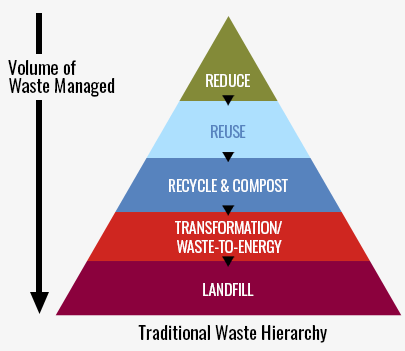
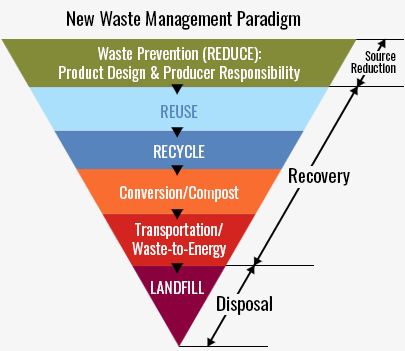
The local market for organics processing is still at a lack of capacity:
- City of Edmonton is to produce >60,000mT of Source Separated Organics (SSO) in 2023 and to increase annually with multi-family homes and commercial organics
- SSO is being hauled to Saskatchewan, southern AB or local landfills
- Our composting operation is often asked to take more material in
To increase intake capacity >20,000mT/yr would require:
- To have additional capacity for the local organic waste market
- Access to increased inputs with site design changes
- Community support for operations and product for agricultural application

